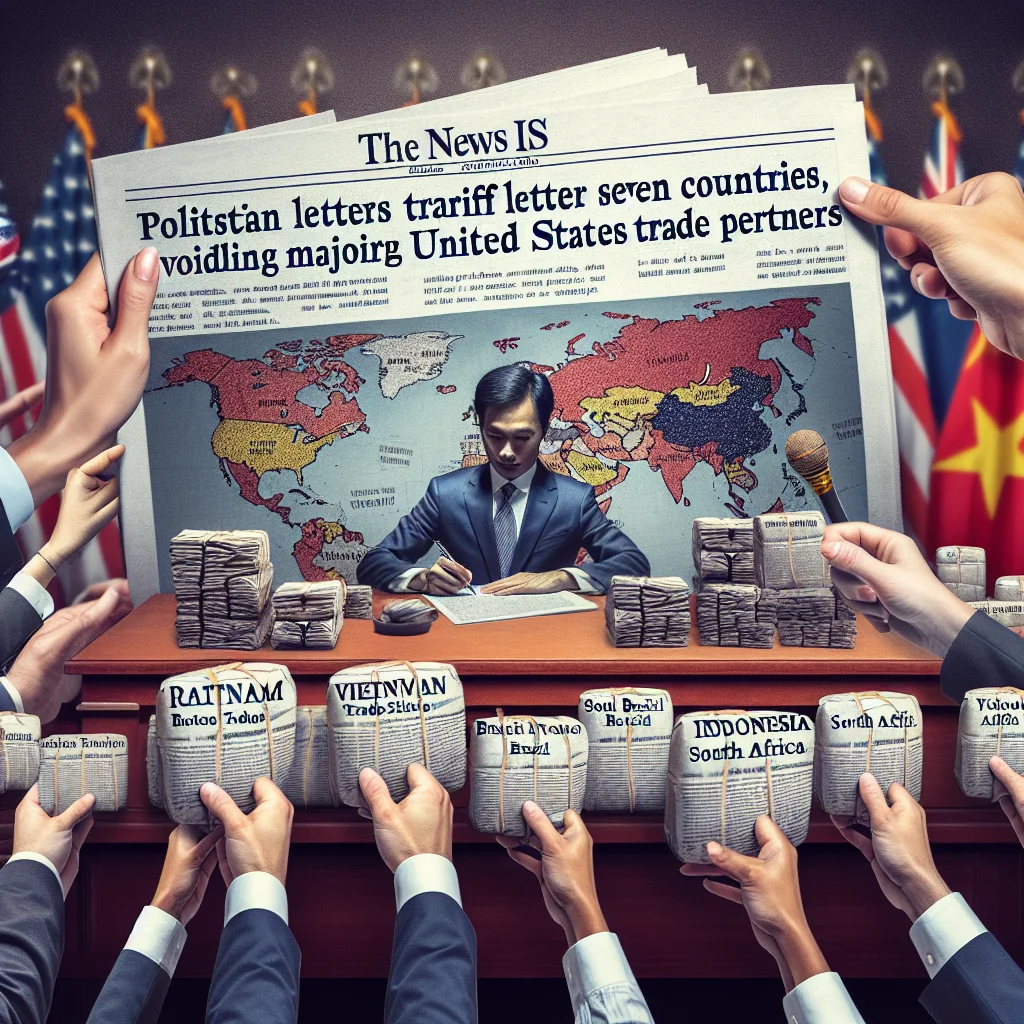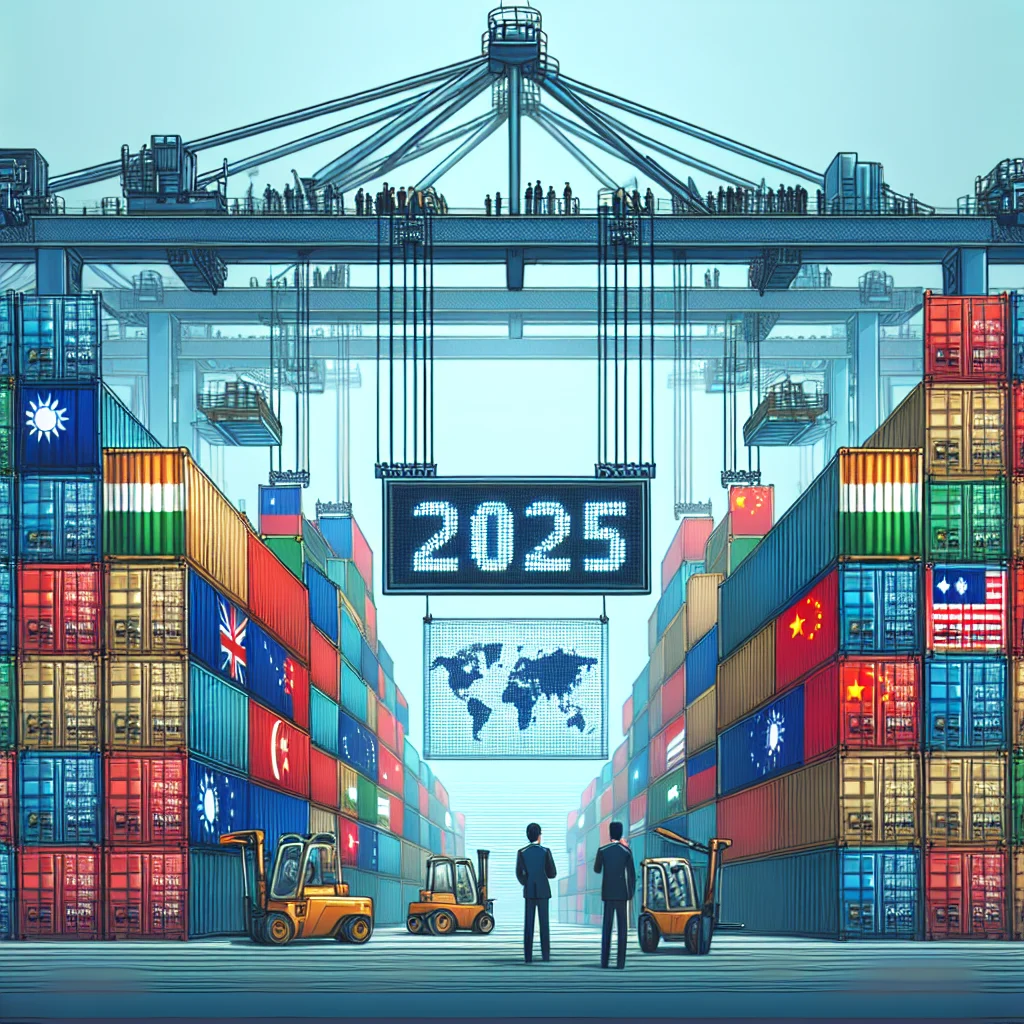
On July 9, 2025, the Trump administration escalated its trade agenda by sending formal tariff warning letters to seven additional countries. However, the administration notably refrained from targeting the United States' largest trade partners, such as China, Canada, Mexico, and the European Union.
Targeted Countries Revealed
According to the Office of the United States Trade Representative (USTR), the tariff letters were delivered to Vietnam, Thailand, Turkey, Indonesia, South Africa, Brazil, and Egypt. The letters warn of impending tariffs on selected imported goods, citing concerns over trade imbalances, intellectual property practices, and non-tariff barriers.
- Vietnam – Highlighted for persistent trade surpluses with the US and alleged currency manipulation.
- Thailand and Indonesia – Criticized for agricultural and industrial subsidies.
- Turkey, South Africa, Brazil, Egypt – Cited for import restrictions and market access limitations.
Major Trade Partners Sidestepped
Despite speculation over potential action against larger economies, President Trump has so far avoided new tariffs toward China, the EU, Mexico, and Canada. Analysts suggest that the administration is seeking to avoid major disruptions ahead of upcoming trade negotiations and the ongoing global economic recovery.
USTR officials stated that the targeted countries account for a combined $120 billion in annual trade with the US, a fraction compared to leading partners. The move is seen as an attempt to pressure mid-sized economies without risking significant retaliatory measures that could impact American businesses and consumers.
Global and Domestic Reactions
Initial responses from the affected countries have been cautious. Vietnam's Ministry of Industry and Trade expressed "regret" over the US decision and said it would seek dialogue to resolve outstanding issues. Brazil's government called for "constructive engagement" to avoid escalation.
American industry groups expressed mixed reactions. The National Association of Manufacturers urged continued dialogue, while some agricultural exporters expressed concern about potential counter-tariffs. Economists noted the targeted approach could minimize immediate market disruptions, but warned of longer-term risks if tensions escalate.
Looking Ahead
The Trump administration has signaled that further trade actions remain on the table as it seeks to address what it calls "unfair trade practices". With the global economy still recovering from recent downturns, the outcome of these latest tariff threats will be closely watched by markets, businesses, and international policymakers.












